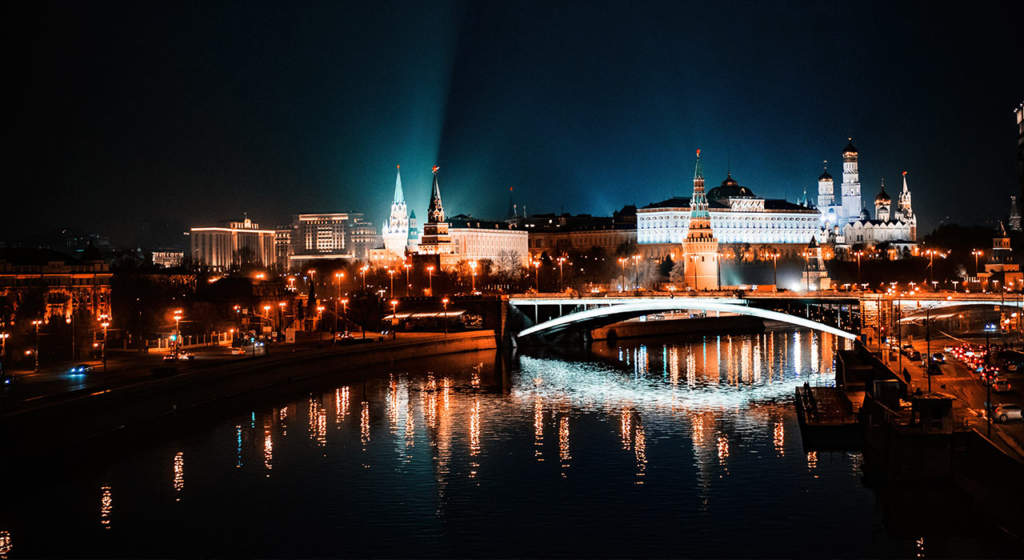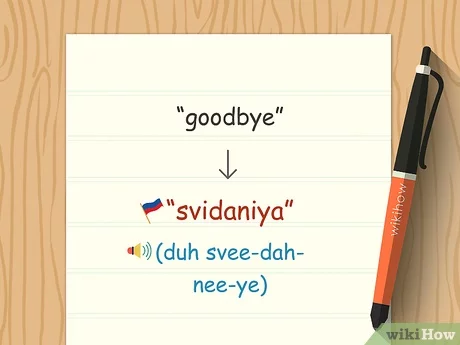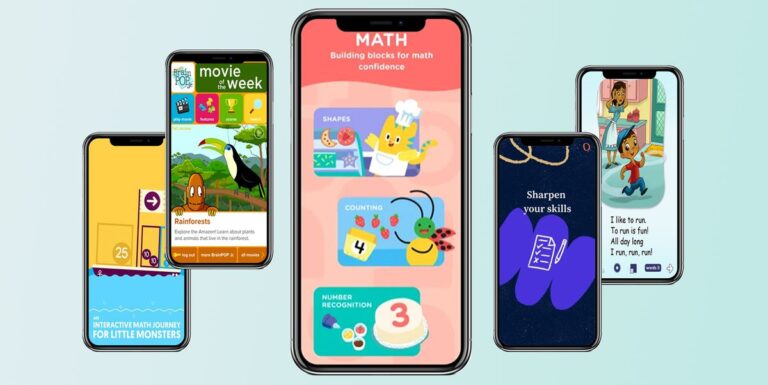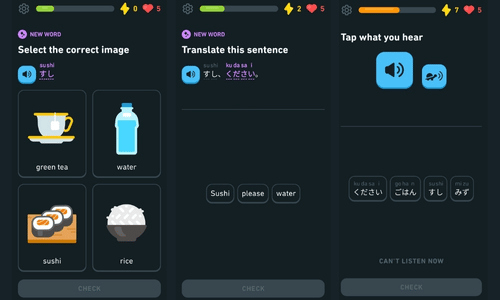Understanding the Importance of Greetings in Russian Culture
Greetings play a significant role in Russian culture, reflecting the country’s emphasis on social interactions and respect for others. When it comes to greeting someone in Russian, knowing the appropriate phrases and cultural etiquette is essential. Whether you’re planning a trip to Russia, meeting Russian friends, or conducting business in the country, understanding how to sayhello in russian and following the cultural norms will help you make a positive impression. In this guide, we’ll explore the various ways to say hello in Russian and delve into the cultural nuances associated with greetings.
Table of Contents
Mastering the Basics: Sayinghello in russian

The Russian language offers several ways to greet someone, depending on the formality and familiarity of the situation. The most common way to sayhello in russian is “Здравствуйте” (Zdravstvuyte), which is used in formal situations or when addressing someone older or in a position of authority. For informal situations or when greeting friends, you can use “Привет” (Privet), which is the equivalent of “hi” or “hey” in English. Learning these two basic greetings will serve as a foundation for your interactions in Russian-speaking environments.
Additional Greetings in Russian
Apart from the common greetings mentioned above, there are other phrases you can use to greet someone in Russian, depending on the time of day. In the morning, you can say “Доброе утро” (Dobroye utro) meaning “good morning.” During the afternoon and evening, you can use “Добрый день” (Dobryy den) for “good afternoon” and “Добрый вечер” (Dobryy vecher) for “good evening.” These additional greetings show your awareness of the time and add a touch of politeness to your conversations.
Understanding Cultural Etiquette in Russian Greetings

In Russian culture, greetings are often accompanied by certain customs and behaviors. It’s customary to shake hands when greeting someone for the first time or when meeting in a formal setting. Maintain eye contact and offer a warm smile to show respect and sincerity. Addressing someone by their first name and patronymic (father’s name plus “-ovich” for men or “-ovna” for women) is also common in formal settings. By adhering to these cultural etiquettes, you will demonstrate your interest in and appreciation for Russian customs.
Non-Verbal Greetings and Gestures in Russian Culture

In addition to verbal greetings, non-verbal gestures are also an important part of Russian culture. When meeting someone, it is customary to give a firm handshake, and it’s considered impolite to have your hands in your pockets. Maintain a good posture and avoid excessive gestures, as Russians tend to value modesty and restraint. Additionally, it’s common to exchange a light kiss on the cheek between women or a kiss on the hand for older people. These non-verbal gestures reflect the warmth and closeness within Russian relationships.
Greetings in Different Social Contexts
The way you greet someone in Russian can vary depending on the social context. In formal situations or when meeting someone for the first time, using the formal greeting “Здравствуйте” (Zdravstvuyte) is appropriate. However, in more relaxed and informal settings, such as with friends or acquaintances, the casual greeting “Привет” (Privet) is suitable. Understanding the social dynamics and choosing the right greeting for each context will help you navigate social interactions smoothly and effectively in Russian-speaking environments.
Importance of Pronunciation and Intonation in Russian Greetings
When sayinghello in russian, proper pronunciation and intonation are crucial for effective communication. Pay attention to the stress patterns in Russian words, as incorrect stress placement can change the meaning of a word. To sound more natural, try to mimic the intonation and rhythm of native Russian speakers. Practicing greetings with a language partner or listening to audio resources will help you develop the correct pronunciation and intonation, making your greetings in Russian more authentic and easily understood.hello in russian.
Greetings as a Gateway to Cultural Understanding
Mastering the art of greetings in Russian goes beyond language proficiency; it’s a gateway to understanding Russian culture and building meaningful connections. Russians appreciate genuine efforts to learn their language and traditions. By using the appropriate greetings and showing respect for cultural norms, you’ll create a positive impression and foster stronger relationships. Don’t be afraid to ask questions or seek guidance from native speakers; they will appreciate your interest in their culture and gladly assist you in navigating the intricacies of Russian greetings.hello in russian.
Expanding Your Russian Vocabulary: Beyond “Hello”
While saying “hello” is an essential aspect of greetings, expanding your Russian vocabulary will enhance your interactions further. Learning common phrases like “How are you?” (“Как дела?” – Kak dela?) and “Nice to meet you” (“Приятно познакомиться” – Priyatno poznakomitsya) will allow you to engage in more meaningful conversations. Additionally, familiarizing yourself with cultural expressions and idioms associated with greetings will add depth to your language skills and help you connect with Russian speakers on a deeper level.hello in russian.
Conclusion
Understanding the various ways to say hello in Russian and following cultural etiquette is crucial for effective communication and building meaningful connections. By using greetings appropriately and demonstrating respect for Russian customs, you’ll create a positive impression and open doors to deeper cultural understanding. Embrace the opportunity to expand your Russian vocabulary and practice your pronunciation, as this will contribute to more authentic and enjoyable interactions. Remember, greetings serve as the first step in forging connections, and your efforts will be appreciated by Russian speakers you encounter along your journey.
Learn about: Unlock a World of Connections with the Perfect Hello in Korean









